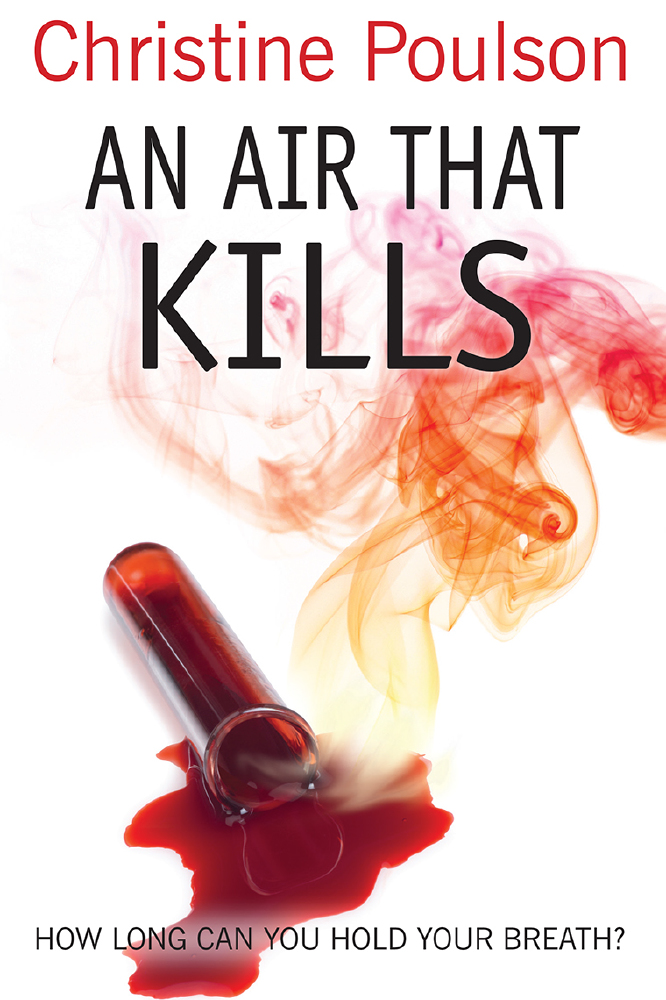I was born and brought up on North Yorkshire coast. Lying in bed on a stormy night I used to hear the flares going up and know that the lifeboat had been called out. Now I live in land-locked Derbyshire. It is beautiful but sometimes I miss the sea and the bracing winds of my home town.I never expected to have a second career as a crime-writer. Before I turned to crime, I was an art historian. I was able to use that when I started writing fiction. I knew all about the stresses, the rivalries, and the downright bitchiness of academic life and what would constitute a motive for murder. So I set my first three crime novels in a fictional Cambridge college.

An Air That Kills
I never expected to have a second career as a crime-writer. Before I turned to crime, I was an art historian. I was able to use that when I started writing fiction. I knew all about the stresses, the rivalries, and the downright bitchiness of academic life and what would constitute a motive for murder. So I set my first three crime novels in a fictional Cambridge college.
Armed with only an ‘O’ level in Biology, I started a new series featuring medical researcher, Katie Flanagan. The research for those has taken me to some fascinating people and places. I’ve had the chance to interview a leading transplant surgeon, a woman medic who wintered over on a remote Antarctic station, and a scientist who worked at Porton Down. I’ve visited scientists in their labs, most memorably a high security research lab at Liverpool School of Tropical Medicine where they breed mosquitos for research into malaria.
The idea for my new novel came from a newspaper headline. ‘Blunders exposed scientists to killer bugs.’ The article made hair-raising reading. It claimed that breaches of protocol had led to dengue virus - which kills around 20,000 people worldwide every year - being sent through the post by mistake and to students studying live meningitis pathogens, which should have been rendered harmless by heat treatment.
That was when I decided to send poor Katie undercover to a high security research lab where the scientists were as deadly as the diseases.
Writing can be therapeutic, a way of coming to terms with traumatic events. Years and years ago, when I was living in London, someone broke in while I was alone in the house. That later happened to someone in one of my novels. And then there was the time I stopped to post a letter, failed to engage the handbrake, and ended up being run over my own car. Rather less dramatically I once drove off with my handbag on the roof of my car after wrestling a stubborn toddler into her car seat. I’ve used all those experiences - and others.
And when someone treats me badly, I feel much better after I have murdered them - on paper, of course, and suitably disguised. Best, really, not to get on the wrong side of me.
I write short stories as well as novels - and have been short-listed for several awards. It is a form that I love, because you can do things that you couldn’t sustain for a whole novel. I once wrote a short story from the point of view of a fish (and you can read it for free on my web-site).
When I have a free Saturday, I like to put on my dancing shoes and go out to a salsa class. On a wet and grey winter’s day, it’s the next best thing to a trip to Havana. You don’t have to be young and fit and you don’t have to go with a partner. There are people of all ages from students to people in their seventies dancing with each other and smiling and laughing. Instant sunshine!

